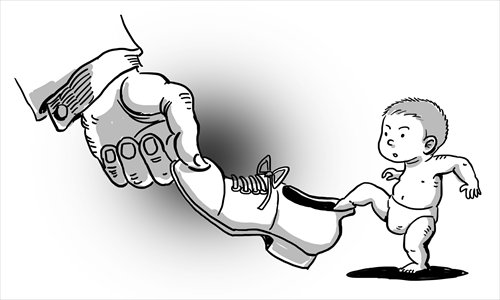EU move puts human rights on back burner in Nay Pyi Taw

Last month, the EU agreed to lift all sanctions on Myanmar apart from those on the arms trade.
I strongly think it is still premature to lift the sanctions on Myanmar, even though the EU is trying to synchronize the move with the award of the ICG Peace Prize to Myanmar President U Thein Sein.
Myanmar is still in the process of changing from military dictatorship to democracy, and the EU should have imposed certain benchmarks on Myanmar, especially in the treatment of minorities.
Business always overrules conscience. The EU has lamentably sacrificed its moral authority to economic gain.
EU considerations also include geopolitical and strategic thinking. The US and the EU are very keen to pull back Myanmar from the Chinese orbit as it inches toward change and democracy and the EU is keen to give the regime incentives to do so.
In theory, the EU has taken the right path, but the timing is a bit early. The EU should have waited longer and put more leverage on Myanmar to solve the ethnic nationalities and minority religious crisis before announcing such a major concession.
The Myanmar struggle is a two-sided coin; one is democracy and the other is federalism.
The ethnic nationalities crises will disappear once genuine federalism is achieved, because the contemporary history of Myanmar, unlike in the former Yugoslavia, is not one of horizontal struggle between the ethnic nationalities, but a vertical struggle of all the ethnic nationalities against the central government.
If there had been genuine and equal federalism, the military coup of 1962 would never have taken place.
The excuse given by the military was that the civilian government was unable to control the ethnic nationalities. If the civilian government had been able to solve this ethnic crisis, there would be no coup, and there would never have had to be a democratic struggle.
Now, because ethnic contention opens up the way for the military to take power, the military does not want to let it go and has embarked on several human rights violations.
Peace negotiations with the ethnic nationalities must come soon, leading to genuine federalism at the second Panglong Conference where a new constitution must be drawn up with the approval of both majority and minority ethnic groups.
The EU considers itself as a role model and stands tall in terms of principle if compared to other regional or international groupings, but now in the case of Myanmar, it is going back on its principles.
The real power in Myanmar is still dominated by the hard-liners from the military, backed by their economic cronies.
The Thein Sein administration has to tread slowly, lest it disturb the hard-liners in the army still controlled by the retired generals. It should device in such a way to encourage and supplement the slow change in Myanmar to a more dynamic one.
Many people these days are discussing whether the EU will regret its decisions to lift the sanctions.
Sanctions are the only leverage the EU has over Myanmar. Now the EU has forgone its sole source leverage and will have little or no say on the decisions of the Myanmar government, especially on human rights which will always be dominated by the military brass in the foreseeable future.
This EU action means that human rights and the prevalence of democracy, not to mention federalism or equality, will have to take a back seat in Myanmar.
The article was compiled by Global Times reporter Yu Jincui based on an interview with Kanbawza Win, a specialist on the political situation in Myanmar for over 30 years as a journalist, civil servant, activist, scholar and author of several books on Myanmar and Asian affairs. yujincui@globaltimes.com.cn
Counterpoint: Myanmar public happy to see back of restrictive sanctions